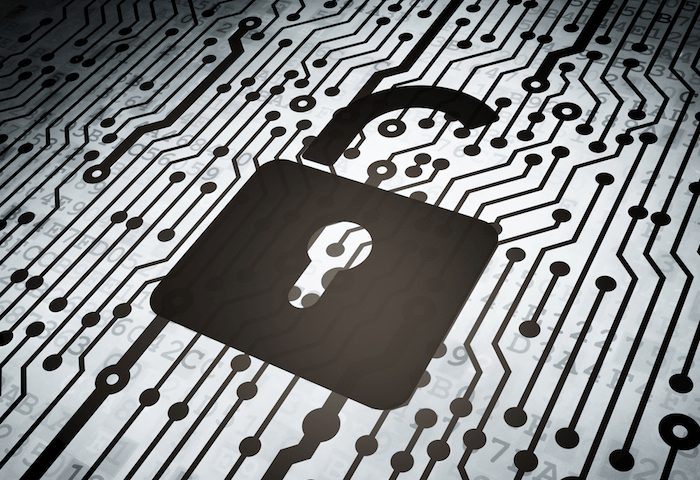
Toshiba is working on an Internet-based communication encryption system, which industry analysts say will be unbreakable, The Wall Street Journal reported Monday (June 22).
Engineers believe one of the best ways to ensure communication stays secret is to create a one-time key to decide the encrypted data, but difficulty in finding ways to transfer this key without risk of interception remains a challenge.
Toshiba’s system bypasses this risk by providing a foolproof method of distributing secret digital keys through a custom-made fiber optic cable that is not connected to the Internet.
In a company release, Toshiba explained: “Quantum cryptographic communication uses quantum physics to ensure that genomic data encrypted with digital keys remains secret. Standard optical communications can be intercepted and read by measuring a part of the optical signal. However, in quantum communications, bits are carried and sent by individual photons, which cannot be tampered with without leaving a trace of the intrusion. As a consequence the secrecy of untampered encryption keys, and the genome data they protect, can be guaranteed.”
Verification testing will begin on Aug. 31, marking the first time a quantum cryptographic communication system will be used to test actual data in Japan.
“In a two-year verification program that will run until August 2017, the testing will monitor and verify communication stability speed in long-term operation and the impact of environmental conditions, including weather, temperature and the status of the optical connection,” the company said.
While Toshiba has been working with quantum cryptographic communication since 2003, there are still some significant hurdles the company will have to overcome in its effort to commercialize the technology.
According to WSJ, the photons used in the system are vulnerable to vibration and heat, which complicates their use over long distances. The technology also carries prohibitive startup costs, as a server alone can cost at least $81,000.
The company hopes to provide the service to enterprises and governments by 2020, with later plans to introduce to consumers when the cost of development drops.
Despite the challenges, Toshiba isn’t the only player in the quantum cryptographic communication game.
Just last year, a group of Dutch researchers claimed to have harnessed the power of quantum mechanics to prevent payment card fraud. The team outlined how the peculiar quantum properties of photons, which allow them to be in multiple locations at the same time, can be used to authenticate a physical security key through a question and answer exchange.
To check out what else is HOT in the world of payments, click here.